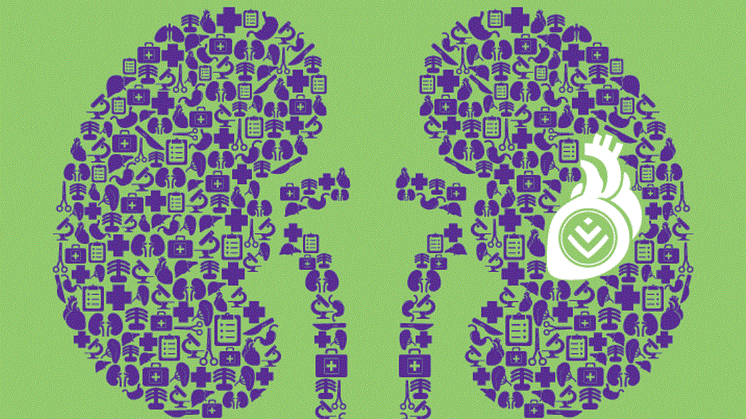
News -
Become a life-changer
Become a life-changer
4 300 South Africans wake up every morning, knowing that today could be their last. They are waiting for a life-saving organ donation. Less than 600 of them will receive the gift of a prolonged life. About 1 000 people await kidney transplants each year, but over the past three years only a quarter of these all-important operations have been performed per year. Yet kidney donation doesn’t require that you pass away before a donation can be made. Live donation is when an organ is donated, usually to a family member or loved one, as the chances of a match are greater, while the donor is still alive. The most common form of live donation is the kidney, because we all have two, but our bodies can function with only one. Part of the liver can also be donated by a living family member, because the liver can regenerate and grow back to its original size after a section has been removed. Tissue donations like bone marrow are also done while the donor is alive.
Giving of yourself
Duane Galloway and Clayton Powell (both in their thirties) have been friends since high school. Clayton was diagnosed with end-stage renal failure at the age of 21 and has had two kidney transplants. Since the last one failed in 2003, Clayton has been on dialysis three times a week for four hours at a time. “Several of Clayton’s friends offered their kidneys, and I was a tissue match”, says Duane. “He never wanted to take a kidney from one of his friends, but at some point he had no choice.” The two friends are now preparing for the transplant that will hopefully change Clayton’s life. The Department of Health is reviewing the transplant for approval, because it’s quite rare for a living donor transplant to take place between two people who are unrelated. Clayton is taking medication to prepare his body for accepting Duane’s kidney. It’s a costly and time-consuming process, but he faces this journey with courage and determination.
The success rates for transplanted kidneys are good. One year after transplantation, about 90% of transplanted kidneys ate still functioning well. After five years, over 60% are still healthy and overcoming the need for dialysis. Some kidney transplant patients have survived for more than 30 years.
Kidneys are by far the most in-demand organ in South Africa. The diseases that contribute to the great need for kidneys in SA are essential (genetic) hypertension, especially in the black population, diabetes (especially in white and Asian population), glomerulonephritis and pyelonephritis (inflammation of the kidneys) and inherited diseases such as polycystic kidneys. When disease causes kidney failure, dialysis treatment can take over the function of the kidneys, but transplantation is the ultimate aim for all end-stage kidney failure patients.
Many more people are probably eligible for kidney transplant, but experts don’t have an accurate picture of the numbers as people are turned away from dialysis centres in the state system daily as there are just not enough machines.
As at October 2013 Discovery Health Medical Scheme had 4 176 members registered for the treatment of kidney disease. 104 kidney transplants were approved for members of schemes administered by Discovery Health during the same year at an average cost of R280 000 per transplant, excluding any medication needed after the transplant.
Register to become a life-changer through organ donationYou can save 7 lives by becoming an organ donor (heart, liver, pancreas, two lungs, two kidneys) and 50 lives by donating tissues, such as corneas, bone and skin. There is an online registration process that couldn’t be easier – five minutes is all you need. The website also has useful information to answer niggling questions like whether the donor’s body will be disfigured (no it will not), whether the funeral will be delayed (no it will not), etc.
Register online at: http://www.odf.org.za/Or toll free by phone: 0800 22 66 11 or email: http://publish.mynewsdesk.com/za/edit/info@organdonor.org.zaYou will receive an information brochure, a donor card for your wallet and organ donor stickers to place on your ID and driver’s license.
Don’t forget to discuss your decision with your family, so when the time comes, they can act on your wish.






